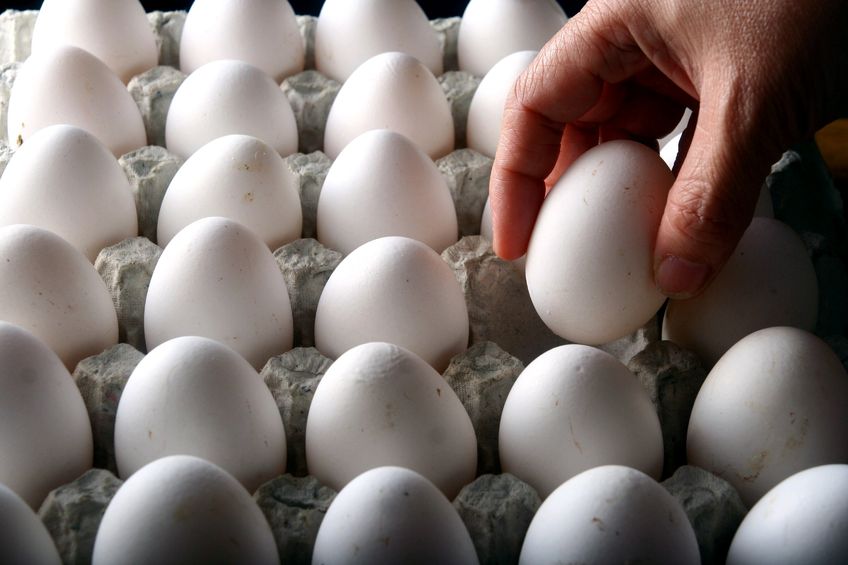Germany recalls 73,000 eggs contaminated with fipronil

Germany has recalled some 73,000 eggs contaminated with the chemical fipronil, following news that millions of eggs were found contaminated with the insecticide in the Netherlands last year.
The Agriculture Ministry of the state of Lower Saxony has today (12 June) confirmed that approximately 73,000 eggs due to be sold across six German states are contaminated with the insecticide.
Officials said the eggs had come from an organic farm in the Netherlands, and were delivered to a packing centre in the district of Vechta, in Lower Saxony between 17 May and 4 June.
German agricultural officials have insisted there is no risk to human health.
Millions of eggs were withdrawn from sale and laying hens were culled last year following the discovery that the banned substance had been used in the Netherlands and Belgium in a treatment for red mite, an ectoparasite of poultry.
Last year's fipronil scandal led to more than 100 farms being shut down in the Netherlands, where the crisis emerged and eggs and products containing eggs being withdrawn from stores across Europe, including the UK.
However, although foods were taken off shelve in the UK, investigations found no evidence of fipronil on British farms.
Even so, the British Egg Industry Council (BEIC) said it was introducing an approved list of pesticides that could be used on farms.
The Council urged retailers, processors and food service companies to play safe and buy UK eggs.
Andrew Joret, Chairman of the British Egg Industry Council, said: “Unfortunately, we are not surprised by these developments as we have been concerned for some time that the initial issues following the product recalls we saw last year have not been thoroughly resolved.
“With the extent of the issue unclear, we are asking the Food Standards Agency to take decisive action to protect UK food businesses, and are calling for random testing of all imported eggs and egg products.
Mr Joret added: “Food businesses should protect themselves by specifying British Lion eggs and egg products, which are produced to the highest standards of food safety, and reassure their customers by using the British Lion mark on pack.”








